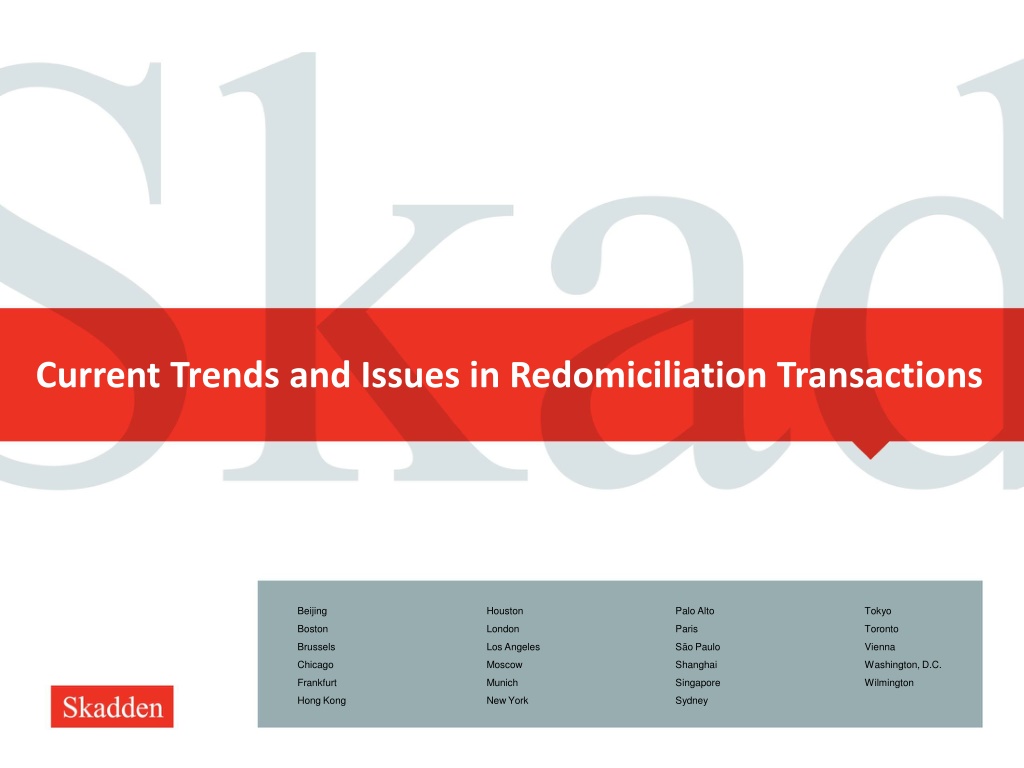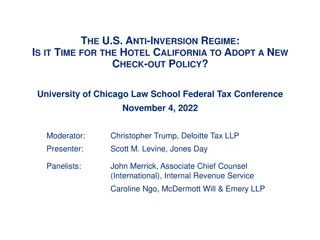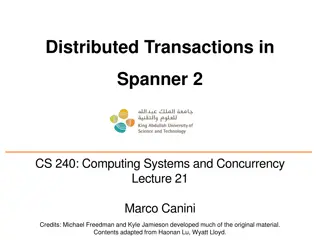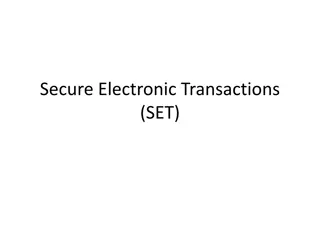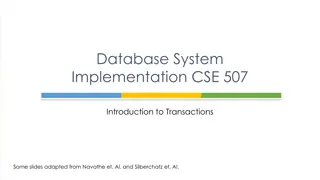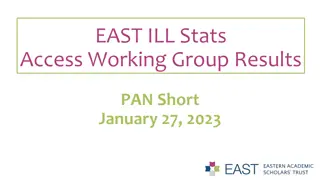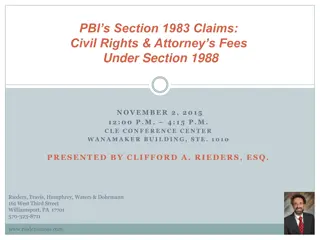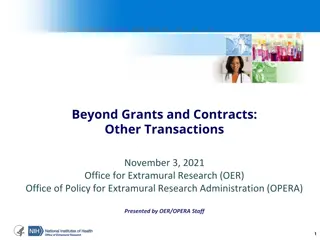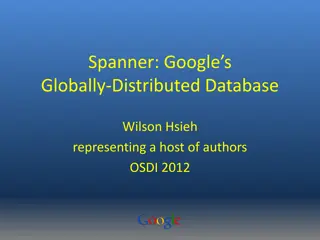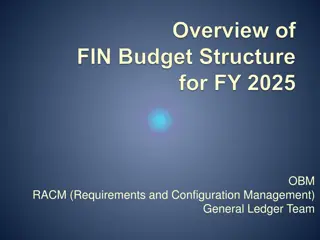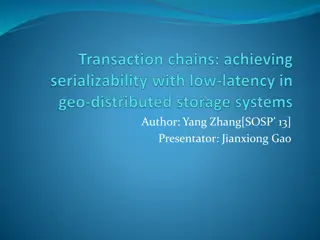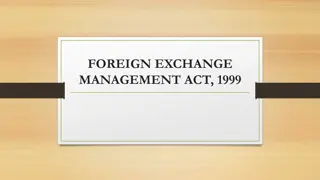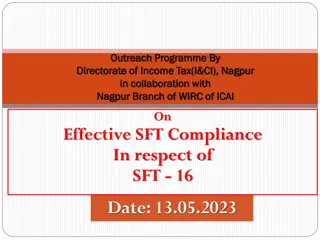Overview of Redomiciliation Transactions and Section 7874 Implications
Section 7874 imposes restrictions on domestic corporations becoming owned by foreign entities with the same or similar shareholder base. It outlines tests triggering adverse consequences and discusses self-inversion transactions, tax considerations, and cross-border combinations. Notably, substantial business activities in the acquiring corporation's jurisdiction are crucial for the success of such transactions. Shareholder tax implications and IRS regulations play critical roles in structuring redomiciliation deals.
- Redomiciliation Transactions
- Section 7874
- Tax Consequences
- Cross-Border Combinations
- Business Activities
Download Presentation

Please find below an Image/Link to download the presentation.
The content on the website is provided AS IS for your information and personal use only. It may not be sold, licensed, or shared on other websites without obtaining consent from the author. Download presentation by click this link. If you encounter any issues during the download, it is possible that the publisher has removed the file from their server.
E N D
Presentation Transcript
Current Trends and Issues in Redomiciliation Transactions Beijing Houston Palo Alto Tokyo Boston London Paris Toronto Brussels Los Angeles S o Paulo Vienna Chicago Moscow Shanghai Washington, D.C. Frankfurt Munich Singapore Wilmington Hong Kong NewYork Sydney
Section 7874 Background Section 7874 imposes limitations on the ability of domestic corporations to become owned by a foreign parent with the same or largely the same shareholder base. Three cumulative statutory tests trigger section 7874 s adverse consequences: Substantially All A foreign corporation acquires substantially all the properties of a domestic corporation; Ownership Test Shareholders of the US corporation receive at least 60% (or 80%) of the stock of the foreign acquiring corporation by reason of their ownership interest in the domestic target; and At the >60% level, certain adverse tax consequences are imposed on the acquired U.S. company. At the >80% level, the foreign acquiring corporation is treated as a U.S. corporation for U.S. tax purposes. Substantial Business Activities The group of which the foreign acquiring corporation is a member does not conduct substantial business activities in the foreign acquiring corporation s jurisdiction of incorporation. 2
Section 7874 Self Inversion Transactions U.S. Parent Redomiciles on a Stand-Alone Basis U.S. Parent, or an agent acting on its behalf, forms a new foreign subsidiary ( New Foreign Co. ) that will serve as the public parent of the post-redomiciliation group. New Foreign Co. forms a new U.S. merger sub, which merges with and into U.S. Parent with U.S. Parent surviving and the U.S. Parent shareholders exchange their U.S. Parent stock for New Foreign Co. stock. U.S. Parent SHs Former U.S. Parent SHs Reverse Subsidiary Merger U.S. Parent New Foreign Co. New Foreign Co. U.S. Subs Foreign Subs U.S. Parent U.S. Merger Sub U.S. Subs Foreign Subs 3
Self-Inversion Tax Consequences Section 7874 Considerations The transaction can only succeed i.e., New Foreign Co. will only be respected as a foreign corporation for U.S. tax purposes if the New Foreign Co. group has substantial business activities in New Foreign Co. s country of incorporation. 2012 Temporary Regulations substantial business activities is defined as 25% of each of (i) tangible assets, (ii) gross income (based on the destination of sales/services), and (iii) employees (measured by both headcount and compensation). These regulations replaced the prior facts and circumstances test for determining substantial business activities. The 2012 regulations preclude self-inversion transactions for geographically-diversified multinational companies. Since these regulations were put in place, most redomiciliation transactions have occurred in the context of business combination transactions. Shareholder Tax Considerations Shareholder Gain Recognition Under section 367, U.S. persons who are shareholders of U.S. Parent would recognize gain (but not loss) in the transaction, even though the transaction otherwise qualifies as a tax-free reorganization under the subchapter C rules. 4
Section 7874 Cross-Border Combination Transactions U.S. Target and Foreign Target Combine Under a Newly-Formed Foreign Company U.S. Target, or an agent acting on its behalf, forms a new foreign subsidiary ( New Foreign Co. ) that will serve as the public parent of the combined group. New Foreign Co. forms a new U.S. merger sub, which merges with and into U.S. Parent with U.S. Parent surviving, and the U.S. Parent shareholders exchange their U.S. Parent stock for New Foreign Co. stock. Foreign Target shareholders exchange their Foreign Target stock for New Foreign Co. stock in a share exchange or merger effected under the relevant local law (e.g., scheme of arrangement). Share Exchange or Merger U.S. Foreign Target SHs U.S. Foreign Target SHs Target SHs Target SHs 79% 21% 21X Cash Foreign Target FMV = 21X FMV = 79X U.S. Target New Foreign Co. FMV = 100X New Foreign Co. Foreign Target Reverse Subsidiary Merger U.S. Target U.S. Merger Sub 5
Cross-Border Combinations Tax Consequences Section 7874 Considerations The transaction must satisfy the Ownership Test (assuming the combined group does not satisfy the substantial business activities test ). U.S. Target shareholders must therefore receive <80% of the stock of New Foreign Co. in the transaction i.e., Foreign Target must be >1/4 the value of U.S. Target. If that test is satisfied, New Foreign Co. can be incorporated/domiciled wherever the parties choose. If U.S. Target shareholders receive >60% but <80% of the stock of New Foreign Co. (a 60% Inversion ), certain adverse tax consequences are imposed on U.S. Target limiting its ability to offset certain post-transaction income ( Inversion Gain ) with tax attributes (NOLs or FTCs). Shareholder Tax Considerations Shareholder Gain Recognition If U.S. persons who are shareholders of U.S. Target receive more than 50% of the stock of New Foreign Co. , then those shareholders would recognize gain (but not loss) in the transaction. Strategies have been developed to avoid imposition of this shareholder-level tax, though their successful execution is highly dependent on the facts of the particular transaction. Officer/Director Excise Tax If the transaction constitutes a 60% Inversion, and shareholders recognize gain under section 367, then under Section 4985, officers and directors of U.S. Target must pay a 15% excise tax on the value of any stock-based compensation held by such persons on or around (six months before and six months after) the transaction. 6
Benefits of Redomiciliation Transactions Platform for Foreign Growth and Acquisitions Intercompany Leverage Migration of Intellectual Property Repatriation Flexibility 7
Practical Consequences of Cross-Border Transactions Management can generally remain U.S.-based. Given the place of incorporation test for tax residence under U.S. law, the location of management or board meetings is irrelevant to the foreign parent s tax domicile. Several legislative proposals have proposed adopting a managed and controlled test for corporate tax residence. The 7874 proposals in the Obama Administration s FY 2015 budget would impose a managed and controlled test in the context of cross-border migration transactions. Board meetings may have to be in the desired tax domicile to achieve tax residence under the relevant foreign law. E.g., Ireland requires at least some board meetings to be held in Ireland. Foreign countries use of managed and controlled or place of effective management tests, rather than place of incorporation tests, can permit the new foreign parent company to be incorporated in one country and tax resident in another e.g., Dutch-incorporated but U.K. tax resident. The combined group would be expected to increase its non-U.S. operating presence over time due to foreign growth and acquisitions. 8
